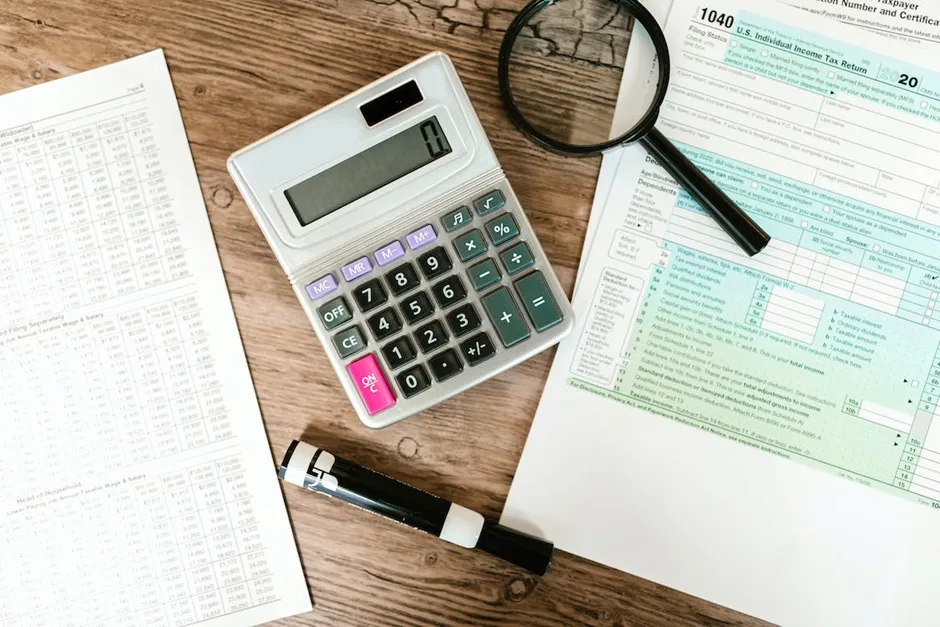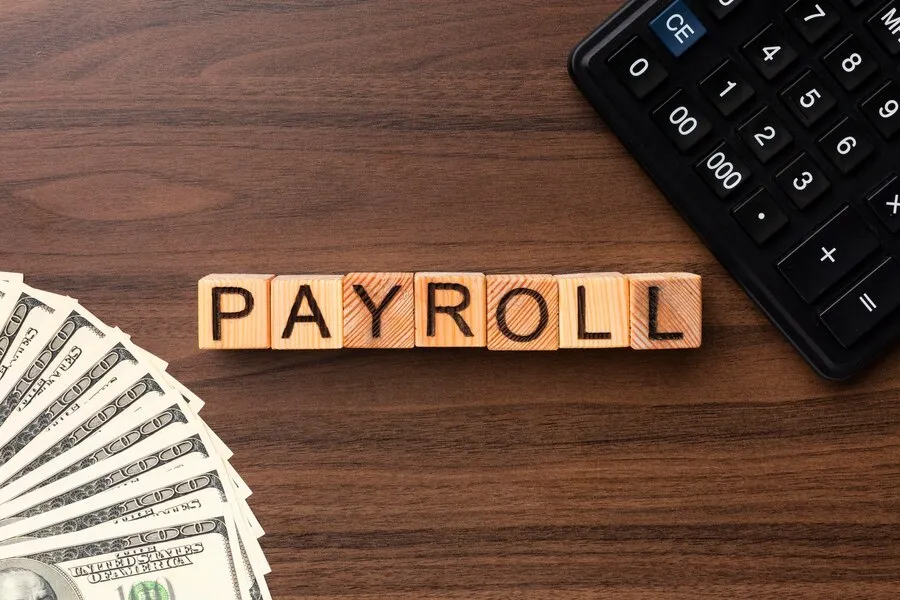What Is Forensic Accounting?
Forensic accounting is a subspecialty field of accounting where a forensic accountant investigates financial records and transactions. The main goal of the investigation is to identify criminal behavior or fraud in the business.
What Is a Forensic Accountant?
A forensic accountant is the individual responsible for conducting forensic accounting research. This individual uses expertise in quantitative methods, investigative techniques, auditing, finance, accounting and law to determine whether there is any misconduct in a business’s financial reports.
According to the experienced forensic accountants at Rocky Mountain Advisory, forensic accountants have specific training, education and certification that ensures their reliability in forensic accounting.
In addition, forensic accountants provide the following forensic accounting services:
- Carry out a financial investigation to pinpoint cases of embezzlement, fraud and other financial crimes
- Calculate losses and damages in insurance claims or legal disputes
- Prepare and evaluate financial documents
- Work with legal professionals to prepare evidence for legal proceedings, like mediation, arbitration, criminal trials or civil trials
- Work with attorneys, law enforcement agencies and other professionals to investigate cases of financial crimes
- Conduct business valuations
What Is a Forensic Audit?
A forensic audit involves an investigation of any potential for financial irregularities in a business. The audit checks whether there are any material misstatements, either due to error or fraud.
What Is a Forensic Auditor?
A forensic auditor is the person in charge of the forensic audit. These auditors provide businesses with the following services:
- Investigate a comprehensive or specific transaction to determine areas of potential fraud or risks
- Determine whether financial reports prepared by a company follow the proper accounting standards
- Gather evidence to help a company take corrective actions to bar future fraud cases
- Gather evidence to support a company’s legal actions
- Conduct an annual business checkup
Forensic Accounting vs Auditing: What Is the Difference?
As you can observe from above, there are several similarities between forensic accounting and auditing. However, the two fields also have a few differences. The experienced forensic accountants at Rocky Mountain Advisory point out that forensic auditing does not have the focus or depth that a forensic accounting analysis provides.
Forensic accounting uncovers specific issues or transactions, like misappropriation of funds, embezzlement or fraud. On the other hand, forensic auditing involves a broader analysis of a company’s financial statements to determine areas of potential fraud or risk. In short, forensic auditors determine whether a company’s financial records provide a fair assessment of its present position.
Note that forensic auditors can carry out a specific issue audit or a comprehensive audit. It all comes down to the nature of the engagement.
Final Thought
It’s extremely important to understand the difference between forensic accounting and auditing if you are a business owner. The two are entirely separate services, each having their own unique processes, objectives and responsibilities.
Of the two, most small businesses might not need forensic accounting, but it will play a role in uncovering fraud since small companies are at higher risk of fraud. It can also help in litigation and the gathering of court evidence.




